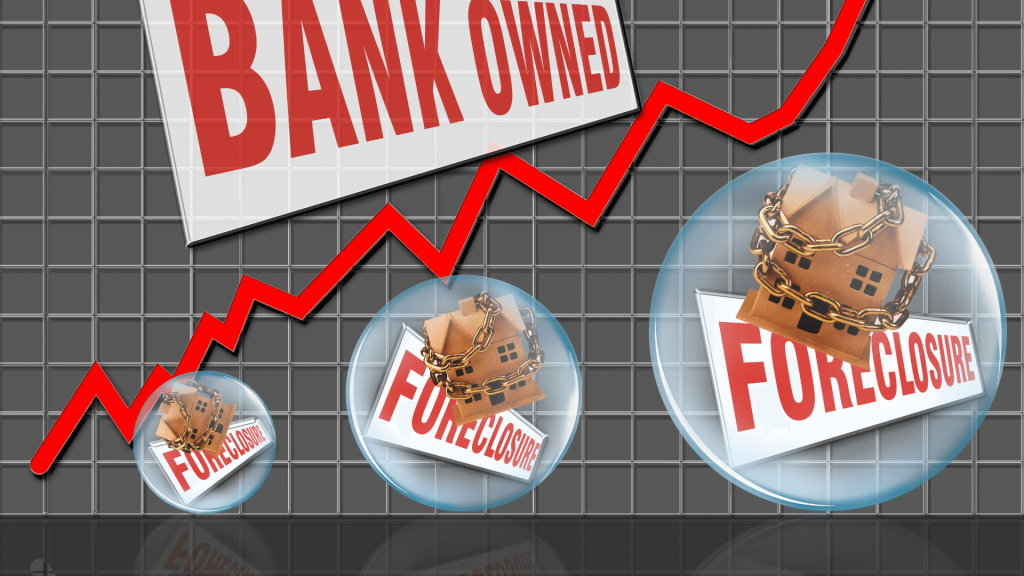Table of Contents
Navigating the Impact of Rising Interest Rates on Homeownership and Investments
Rising interest rates can have a profound effect on homeowners, prospective buyers, and investors alike. As central banks adjust their policies to combat inflation and stabilize economies, it is essential to understand the implications of increasing interest rates and adapt your financial strategy accordingly. In this blog post, we will discuss the factors contributing to rising interest rates, their impact on mortgages and investments, and strategies to mitigate their effects.

What is Interest Rate?
Interest rate is the percentage of a loan or deposit that is charged or earned by the lender or financial institution, respectively, as a proportion of the principal amount. It is essentially the cost of borrowing money or the return on an investment.
There are two primary types of interest rates:
- Simple interest: This type of interest is calculated only on the initial principal amount for the entire loan period. It is a fixed percentage of the principal amount that is paid at regular intervals.
- Compound interest: In this case, interest is calculated not only on the initial principal amount but also on the accumulated interest of previous periods. This means the interest effectively “compounds,” causing the principal amount to grow at a faster rate over time.
Interest rates can be either fixed or variable. A fixed interest rate remains constant throughout the loan term, while a variable interest rate can fluctuate depending on market conditions.
Central banks often set benchmark interest rates, which influence the interest rates banks charge their customers for loans and offer on deposits. The interest rate plays a critical role in the economy, as it affects borrowing, investing, and spending decisions, and helps regulate inflation and economic growth.
Why Interest Rates Rise
Interest rates are primarily influenced by central banks, such as the Federal Reserve in the United States or the South African Reserve Bank. These institutions adjust interest rates to control inflation and maintain economic stability. Factors contributing to rising interest rates include:
- Inflation: When inflation rises, central banks may increase interest rates to reduce borrowing and spending, thereby curbing inflationary pressures.
- Economic Growth: During periods of strong economic growth, central banks may raise interest rates to prevent the economy from overheating and to control inflation.
- Government Debt: High levels of government debt can lead to increased borrowing costs, which may result in higher interest rates.

Impact of Rising Interest Rates on Mortgages
- Mortgage Rates: When interest rates rise, mortgage rates typically follow suit. This can increase the cost of borrowing, making it more expensive for homebuyers to secure a mortgage and affecting the affordability of homeownership.
- Monthly Payments: For those with adjustable-rate mortgages (ARMs), rising interest rates can lead to higher monthly payments, which may strain household budgets.
- Home Prices: Rising interest rates can also impact home prices, as higher borrowing costs may reduce demand, leading to slower growth or even declines in property values.
- Refinancing: Homeowners looking to refinance their mortgages may find it more challenging to secure favorable rates in a rising interest rate environment, potentially limiting their options for reducing monthly payments or accessing equity.

Impact of Rising Interest Rates on Investments
- Bond Prices: As interest rates rise, bond prices typically decline. This is because the fixed interest payments of existing bonds become less attractive compared to new bonds with higher interest rates.
- Stock Market: Rising interest rates can also impact the stock market, as higher borrowing costs may reduce corporate profits and lead to lower stock prices. Additionally, higher interest rates can make less risky investments, such as bonds, more attractive, reducing the demand for stocks.
- Real Estate Investments: Similar to the impact on home prices, rising interest rates can affect real estate investments by reducing demand and potentially leading to lower property values.
Strategies to Mitigate the Impact of Rising Interest Rates
- Fixed-Rate Mortgages: Opting for a fixed-rate mortgage can help insulate your monthly payments from rising interest rates, providing stability and predictability for your household budget.
- Pay Off Debt: Reducing high-interest debt, such as credit cards, can help you better manage your finances in a rising interest rate environment.
- Diversify Investments: Diversifying your investment portfolio across different asset classes and sectors can help mitigate the impact of rising interest rates on your overall investment returns.
- Consider Short-Term Bonds: If you are concerned about the impact of rising interest rates on your bond investments, consider shifting to shorter-term bonds, which tend to be less sensitive to interest rate fluctuations.
- Refinance Early: If you are considering refinancing your mortgage, it may be beneficial to do so before interest rates rise further, potentially locking in a lower rate.
Conclusion
Rising interest rates can have wide-ranging implications for homeowners, prospective buyers, and investors. Understanding the factors contributing to rising interest rates and their potential impacts is crucial for making informed financial decisions. By adapting your financial strategy and considering the tips outlined above,



